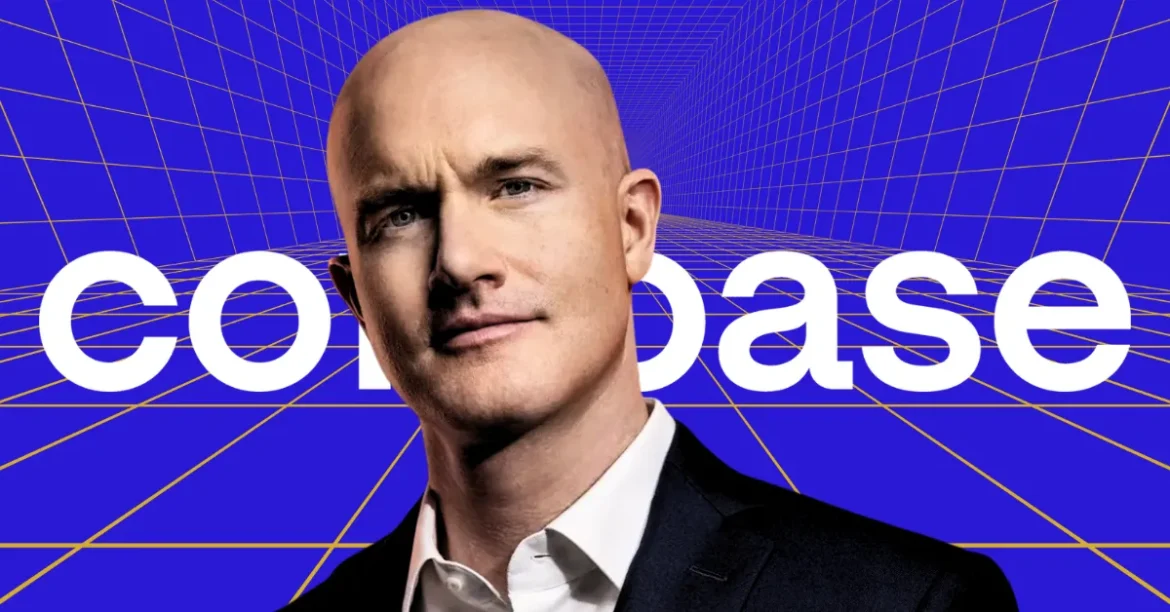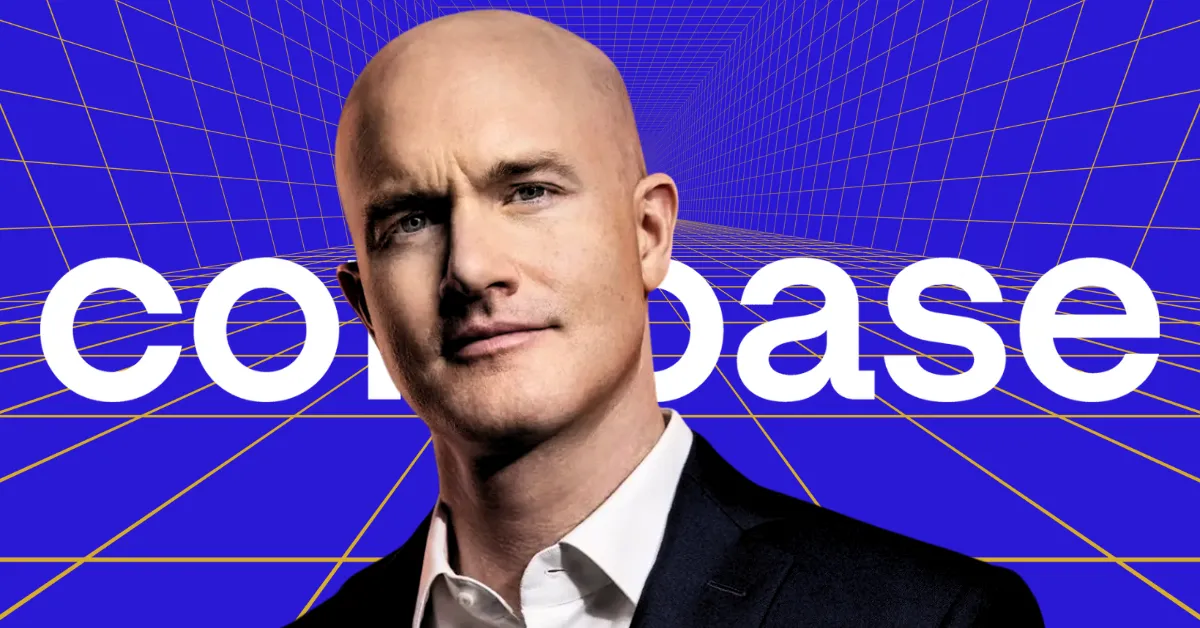The mounting U.S. debt crisis and its implications for the global financial system have sparked considerable debate, with Coinbase CEO Brian Armstrong emerging as a prominent voice predicting a seismic shift in monetary paradigms. His unwavering belief in Bitcoin as a potential successor to the U.S. dollar as the world’s reserve currency highlights pivotal economic dynamics and technology’s growing role in reshaping capital flows and trust in fiat currencies.
The U.S. Debt Crisis and Its Global Reverberations
At the heart of Armstrong’s forecast is the escalating U.S. national debt, estimated at an alarming $37 trillion. This growth in debt, accompanied by persistent deficits and expansive money printing, undermines confidence in the dollar’s long-established role as the global reserve currency. The crux of the challenge lies in the erosion of trust—both domestically and internationally—in the dollar’s stability and purchasing power. As lawmaker paralysis stalls effective intervention, alternative monetary stores gain increasing attention.
States like New Hampshire and Arizona have already signaled their skepticism by accumulating Bitcoin reserves, reflecting a grassroots recognition that traditional currency models face existential tests. Armstrong also warns that if political actors fail to enforce fiscal discipline and cap the runaway debt, the erosion of the dollar’s foundational credibility may accelerate.
Bitcoin’s Emerging Role: From Contender to Contender for Reserve Status
Brian Armstrong views Bitcoin not merely as a speculative asset but as a fundamentally superior monetary instrument, offering unparalleled scarcity, portability, divisibility, and resistance to inflation—qualities reminiscent of gold but enhanced for the digital age. He describes Bitcoin as the “next chapter of capitalism,” implying its foundational status in a new economic order.
Among Armstrong’s proposals is establishing national and global strategic Bitcoin reserves. This idea parallels traditional reserves of gold or foreign currency but replaces them with a decentralized digital asset immune to direct political manipulation. His endorsement of a Bitcoin-only approach to U.S. crypto reserves, explicitly stated as “probably the best option,” signifies his conviction that Bitcoin is uniquely positioned to fulfill this role.
The potential outcomes of such adoption are profound: not only would it alter the monetary architecture of nations, but Armstrong also predicts a surge in Bitcoin’s price to the multimillion-dollar range, driven by institutional adoption and regulatory clarity. He imagines a domino effect where U.S. actions prompt major economies, especially G20 countries, to follow suit, potentially redefining global reserve assets on a technological basis.
Political and Regulatory Landscape Influencing Bitcoin Adoption
The discourse on Bitcoin’s reserve status is not isolated from broader political and regulatory developments. Armstrong openly supports moves by governments toward recognizing cryptocurrencies through supportive legislation, such as crypto-friendly laws and approvals of exchange-traded funds (ETFs). This regulatory maturation is critical to moving Bitcoin from fringe investment to mainstream reserve asset.
Adding fuel to this movement is the political endorsement hinted at by former President Donald Trump’s announced interest in a U.S. crypto strategic reserve, which Armstrong explicitly backs. The idea of a “crypto president” symbolizes political legitimacy that could catalyze institutional and governmental crypto engagement.
However, Armstrong’s vision confronts skepticism from notable quarters. Central bankers such as South Africa’s Reserve Bank Governor Lesetja Kganyago reject the plausibility of Bitcoin as an official reserve asset, likening it to non-traditional commodities like beef or apples, underscoring the political and economic contest surrounding Bitcoin’s place in national financial strategies.
Market and Economic Implications of Bitcoin as a Reserve Currency
If Bitcoin were to successfully replace the U.S. dollar or become a parallel reserve asset, the global financial ecosystem would undergo historic transformation. Armstrong warns that market reactions would be profound, with shifts in foreign exchange markets, reserve management, and international trade settlements.
Fiat currencies, particularly the dollar, could face accelerated depreciation and reduced dominance. This scenario would elevate Bitcoin’s role in sovereign wealth, central bank reserves, and inflation hedging strategies. The resultant scarcity and demand for Bitcoin units could drive prices into unprecedented territory, as Armstrong envisions multiple millions per Bitcoin.
The establishment of strategic Bitcoin reserves would also imply enhanced transparency and fewer central points of failure than current reserve assets, potentially stabilizing the digital economy while empowering countries that embrace this paradigm shift.
Challenges and Controversies in Transitioning to Bitcoin Reserves
While Armstrong’s vision is ambitious, it is not without obstacles. Presently, only around 200 million people globally have engaged with cryptocurrency — a fraction of the world’s population. This limited adoption raises questions about Bitcoin’s immediate scalability and acceptance as a universal reserve vehicle.
Technical challenges, such as volatility, custody, and regulatory fragmentation, also present hurdles. Political inertia and established interests tied to the dollar-based system further complicate a rapid pivot.
Moreover, critics argue that Bitcoin’s fixed supply and deflationary nature could introduce unpredictable economic dynamics, challenging traditional monetary policies designed to modulate economic cycles.
Conclusion: A Crossroads in the Future of Global Money
Brian Armstrong’s warnings and advocacy position Bitcoin at a critical juncture where economic necessity and technological innovation converge. The colossal U.S. debt, if unmanaged, threatens not only fiscal stability but the global monetary hierarchy itself. Bitcoin emerges from this turbulence as a candidate to disrupt and possibly replace the U.S. dollar’s role as the premium reserve asset.
Whether nations will embrace Armstrong’s envisioned “Bitcoin-only” reserves remains uncertain, but his call for strategic reserves and legislative clarity frames the core debate about the future of money in the 21st century. As this narrative unfolds, the world watches the interplay of politics, economics, and technology that may redefine financial sovereignty and global capitalism’s next chapter.





